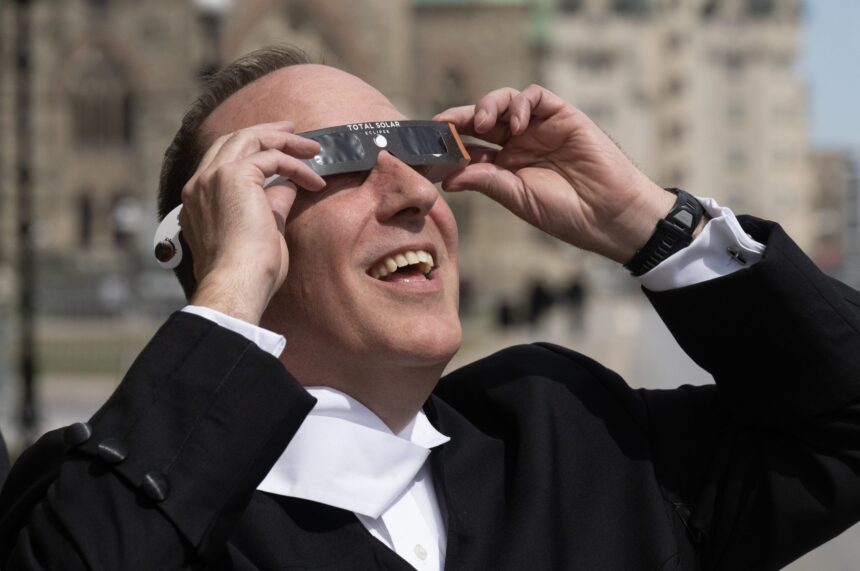In the hallowed halls of Canada’s Parliament, an intriguing constitutional question has emerged: Could an opposition member assume the Speaker’s chair? As the political landscape shifts following recent parliamentary tensions, this once-theoretical scenario is gaining serious consideration among constitutional experts and parliamentarians alike.
The Speaker’s role, traditionally filled by a government-side MP, serves as the impartial arbiter of House proceedings. However, nothing in our parliamentary rules explicitly prevents an opposition member from taking this prestigious position. “The Constitution doesn’t specify party affiliation for the Speaker,” explains Dr. Eleanor Chambers, parliamentary historian at McGill University. “What matters is maintaining neutrality once in the chair.”
Several Westminster parliaments worldwide have already ventured into this territory. The UK Parliament elevated opposition MP John Bercow to Speaker in 2009, who then served through multiple governments of different political stripes. Australia has likewise installed Speakers from non-government parties, demonstrating the feasibility of this arrangement.
For Canada, such a move would represent a significant departure from convention. The political calculus is complex – a government sacrifices nothing in numbers by nominating one of its own members, as the Speaker only votes to break ties. However, an opposition Speaker would effectively reduce that party’s voting strength by one MP, potentially altering the arithmetic in a closely divided Parliament.
Parliamentary procedure expert James Robertson notes that “while procedurally possible, the practical challenges remain substantial. The Speaker must command respect across party lines and be perceived as genuinely impartial – qualities that transcend partisan identification.”
The current Parliament’s dynamics make this discussion particularly relevant. With government tensions mounting and questions about procedural fairness being raised across party lines, some MPs have privately suggested that an opposition Speaker could restore confidence in the institution’s impartiality.
Former House Leader Michael Donovan points out, “The selection process itself would need to change. Currently, government members typically coordinate to ensure one of their own secures the chair. An opposition Speaker would require genuine cross-partisan support.”
Such a change would align with broader trends toward parliamentary reform in Canadian politics. Reform advocates argue that an opposition Speaker might strengthen the independence of Parliament from executive control – a long-standing concern in our Westminster system.
Constitutional law professor Miranda Ng suggests that “what seems radical today may become conventional tomorrow. Parliamentary traditions evolve as needs change, and this could represent a healthy evolution toward greater institutional independence.”
While no formal proposals have yet emerged, the mere discussion signals potential shifts in how we conceive of parliamentary governance. As Parliament returns for its next session, will MPs consider breaking with tradition to strengthen the independence of their institution, or will conventional arrangements prevail in the name of stability?










